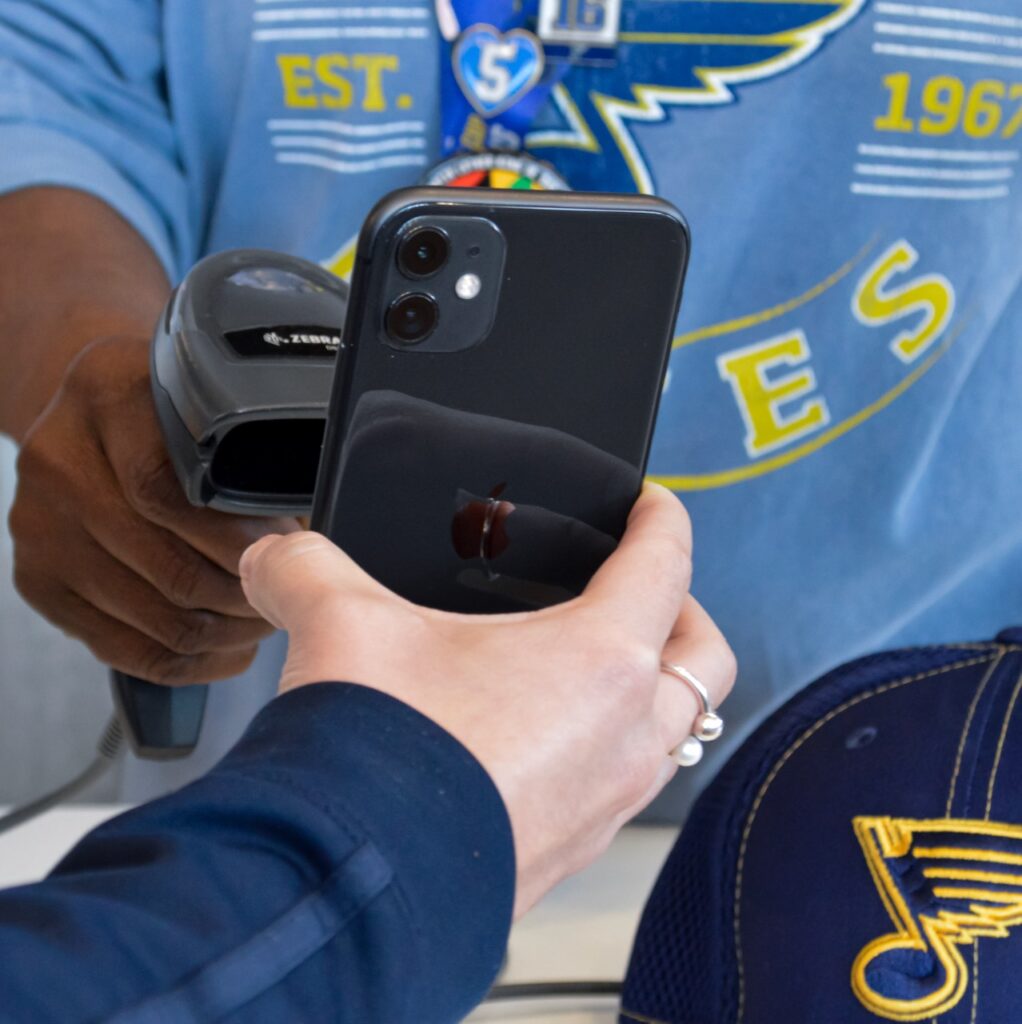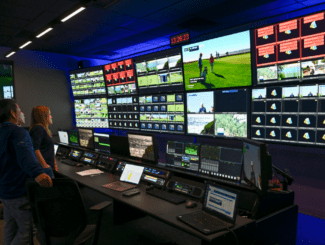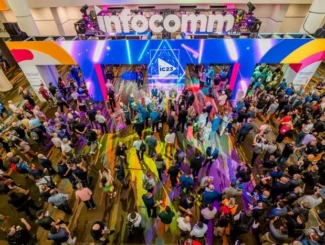In an attempt to improve the offerings available in its app-based fan-engagement program, the St. Louis Blues are adding blockchain technology that will be implemented in time for the 2023-24 hockey season.
While the stated goal on the team’s press release is “to seamlessly deliver unprecedented, personalized benefits To Blues fans in real time,” team officials said they understand that the technology’s use will likely take time to both implement and to be accepted and used by fans.
According to the announcement, the Blues have signed a multiyear agreement with Credenza, Inc. to launch an integration of Credenza’s software and open source technology into the team’s popular app-based fan engagement program, Bluenatics. Currently, the Blues claim that there are 127,000 registered users of the Bluenatics program, which according to the team website currently allows fans the opportunities to “win tickets, autographed merchandise, game-used items, discounts at STL Authentics and special offers from Blues partners.”
The team said the new program, which will be called Bluenatics Passport, “will serve as a universal ID for all fan activities across ticketing, concessions, retail, partner locations and online.” By using the Credenza software to centralize the data flow from the Blues’ third-party partners ecosystem (which includes ticketing, concessions, and retail, among others), the Blues hope to be able to deliver discounts, offers and exclusive experiences in real-time, based on fan habits, purchases, and behaviors that are recorded in the blockchain-powered system.
Better integration for multiple services
Don’t feel bad if you are among those of us who have heard of blockchain but don’t really know what it is or how it works. For a relatively simple explanation of something far from simple, we give you this definition found on the Amazon AWS site:
“Blockchain technology is an advanced database mechanism that allows transparent information sharing within a business network. A blockchain database stores data in blocks that are linked together in a chain. The data is chronologically consistent because you cannot delete or modify the chain without consensus from the network. As a result, you can use blockchain technology to create an unalterable or immutable ledger for tracking orders, payments, accounts, and other transactions. The system has built-in mechanisms that prevent unauthorized transaction entries and create consistency in the shared view of these transactions.“
While blockchain has been touted as a technology that could provide significant improvement for many business applications, its presence in the world of stadium or team operations has been basically nonexistent. But according to the Blues, blockchain may be the thing that allows the team to more rapidly process information to deliver real-time benefits.
According to Matt Gardner, vice president for innovation and digital strategy for the Blues, the team started looking into the possibility of blockchain integration almost a year ago. While admitting that trying to parse blockchain as an overall technology could be “overwhelming” for business executives, Gardner said he wanted for the Blues was to “drill down into specific use cases” as a starting point for using the technology.

Enter Credenza, a startup founded by CEO Sandy Khaund, who previously built and sold a blockchain-based ticketing company to Ticketmaster in 2018. For teams and venues, the idea from Credenza is to use its blockchain-based systems to more easily integrate a host of fan-facing “relationship” services, potentially allowing for increased revenue and better data insights among other possible gains.
According to the press release, starting this hockey season Blues fans who opt-in to the program (which the team says uses encryption to protect fan information) “will be eligible for additional surprise-and-delights such as tickets, merchandise, gift cards, or exclusive experiences.” According to Gardner, the team plans to roll out different services as the season goes on, educating fans along the way about how the new technology can and will enhance their game-day experiences. Future plans include further integration with the team app, the NHL website, and possibly even the Metaverse.
“The idea is to get things out there this season and learn what’s possible,” Gardner said.








